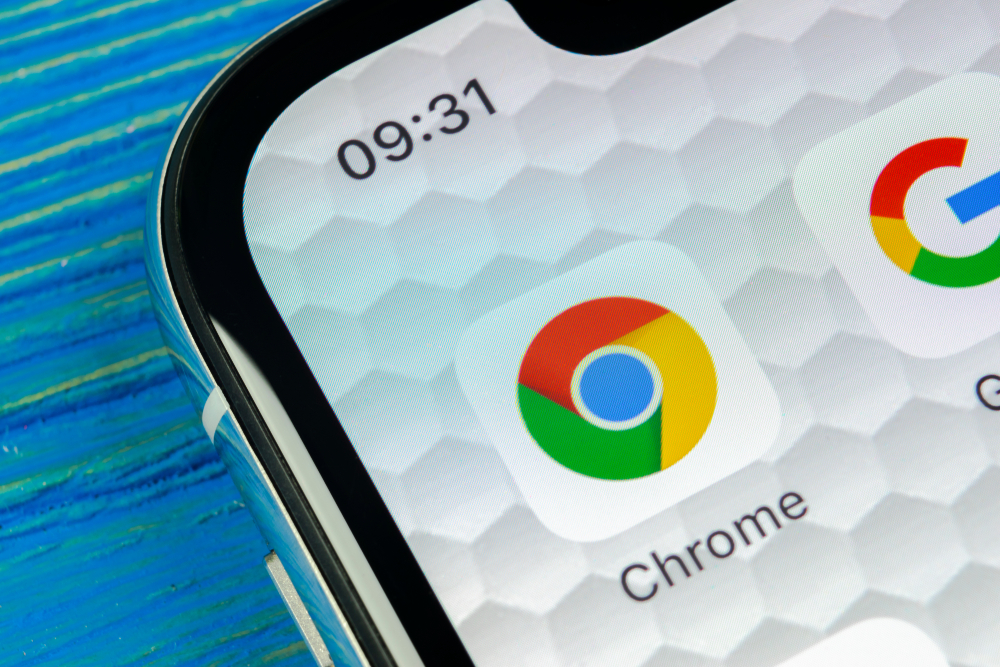Perplexity has announced its readiness to acquire the Chrome browser if the court forces Google to divest it. However, the company emphasized that it would be preferable for Chrome to remain within the Google ecosystem rather than come under the control of OpenAI, citing concerns about the potential risks to the openness and stability of the Chromium project.
Perplexity’s chief business officer, Dmitry Shevelenko, revealed that he initially did not want to testify in the antitrust case against Google, fearing repercussions from the tech giant. However, after receiving a subpoena, he appeared in court and used the opportunity to express Perplexity’s interest in purchasing Chrome. The trial is currently underway in the District Court for the District of Columbia, overseen by Judge Amit Mehta. The case considers potential remedies should Google be found guilty of abusing its dominant position in the search market.

According to the U.S. Department of Justice’s position, Google could be required to separate Chrome into an independent company. This separation might also apply to Chromium, its open-source version. Google, in court documents, called this outcome dangerous, warning that a change in control could halt development, reduce quality, or lead to unwanted monetization, affecting the wider web ecosystem.
Perplexity’s Vision and Challenges
During his testimony, Shevelenko stated that Perplexity could manage the Chrome browser effectively, without sacrificing quality or stability. When asked whether any company besides Google could scale the browser to its current level, he confidently responded, “I think we could.” Perplexity has affirmed its commitment to supporting the browser in an open and stable manner, should it take control. We’ll keep you updated as the case unfolds.
This is not Perplexity’s first bold acquisition proposal. The company previously expressed interest in purchasing TikTok amid potential U.S. bans linked to ByteDance’s ownership. Though still relatively young, founded less than three years ago, Perplexity has remained active in strategic deal discussions, especially as regulatory pressure on major tech players continues to mount.
Shevelenko also outlined the challenges Perplexity faces due to Google’s dominance in the mobile ecosystem. He explained that setting up Perplexity as the default voice assistant on Android involves numerous steps. As an iPhone user himself, he needed a colleague’s help to complete the process. Even after configuration, users must manually activate Perplexity, whereas Google Assistant is triggered by voice command.
Struggles with Distribution and Market Access
Perplexity has attempted to reach agreements with several U.S. smartphone manufacturers to pre-install its assistant or search engine by default, reminds NIX Solutions. These efforts, however, were unsuccessful. One manufacturer declined due to concerns about losing revenue from its existing partnership with Google. According to Shevelenko, such contracts pressure manufacturers to avoid any unapproved moves, stating, “They basically have a gun to their head.”
Judge Mehta has previously found that Google used exclusivity contracts with device and browser makers to suppress competition. These agreements prevent manufacturers from pre-installing rival services, restricting Perplexity at the distribution level. Shevelenko referenced a case—publicly linked to Motorola—where Perplexity was allowed to be pre-installed, but not set as the default. Despite both parties attempting to find workarounds, they were ultimately unable to bypass Google’s contractual constraints.
We’ll keep you updated as more details emerge from the courtroom and as the broader implications for Chrome, Chromium, and digital competition continue to develop.
